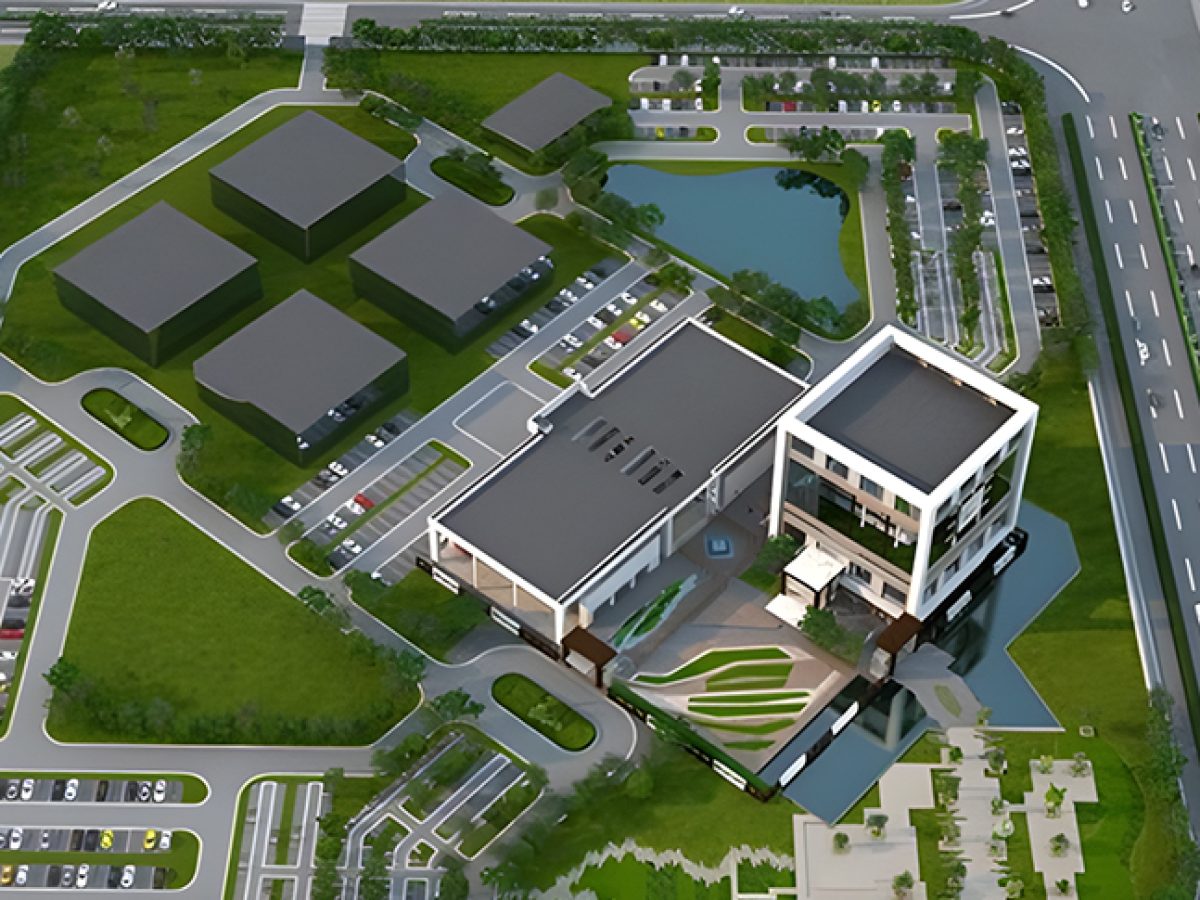As the Dholera Special Investment Region (SIR) emerges as a pivotal hub for semiconductor manufacturing, the Gujarat government has strategically allocated 10 acres to the Tata Group for constructing residential apartments for its employees. This move underscores a proactive approach to integrated urban planning, ensuring that industrial growth is complemented by essential social infrastructure. It signals a robust commitment to fostering a greenfield smart city that is both economically dynamic and socially equitable, aligning with a vision for zero net carbon and sustainable urban development.
The allocation of land to the Tata Group for developing its own housing complex, initially planned for over 500 apartments, is a critical step in the holistic development of Dholera SIR. Located approximately 110 kilometres from Ahmedabad city, Dholera is being meticulously developed as a greenfield smart city, aiming to provide a comprehensive ecosystem for its burgeoning industrial workforce. Mona Khandhar, Principal Secretary, Science and Technology Department, Gujarat Government, emphasised that housing and other social infrastructure are paramount for Dholera, which currently has a scant population and consists of flat coastal plains. This integrated planning approach is vital for attracting and retaining talent, ensuring a stable workforce, and fostering a vibrant community within the industrial zone.
Dholera is rapidly positioning itself as a cornerstone of India’s semiconductor ambition, with at least three major projects slated for the region. Foremost among these is Tata Electronics Pvt Ltd (TEPL)’s ₹91,000-crore mega semiconductor fabrication facility, being constructed in partnership with Taiwan’s Powerchip Semiconductor Manufacturing Corporation (PSMC). This flagship project alone is expected to generate a remarkable 20,000 direct and indirect skilled jobs in the region, with completion scheduled by the second quarter of 2027-28. The commencement of construction by TEPL, alongside the impending manufacturing facility by electronics manufacturing services provider Jabil Inc (a ₹1,000-crore silicon photonics project creating 1,500 jobs), and NextGen’s ₹10,000 crore compound semiconductor fab and optoelectronics facility (in partnership with Japan’s Hitachi and Taiwan’s Solidlite), underscores the immense scale of investment and job creation envisioned for Dholera.
The development of Dholera as a greenfield smart city, with a strong emphasis on planned infrastructure, is inherently aligned with principles of sustainability. By integrating residential and industrial zones, the city aims to minimise commuting distances, thereby reducing vehicular emissions and contributing to a lower carbon footprint. The focus on providing housing within the region supports the creation of a self-contained ecosystem, which can be designed for optimal resource efficiency and waste management. Such planned urbanisation is crucial for building eco-friendly cities that are resilient to environmental challenges and contribute to achieving zero net carbon goals.
Furthermore, the provision of housing and social infrastructure directly addresses the imperative for equitable and gender-neutral urban development. By ensuring that employees and workers, including those from diverse backgrounds, have access to quality housing and essential amenities, Dholera is fostering an inclusive environment. The creation of a significant number of skilled jobs, coupled with the development of a supportive living environment, can empower individuals and families, contributing to economic upliftment and social mobility. This holistic approach ensures that the benefits of industrial growth are broadly shared, creating a more balanced and just urban society.
The strategic foresight demonstrated by the Gujarat government in allocating land for employee housing reflects a comprehensive understanding of the requirements for successful industrial clusters. It moves beyond mere factory construction to build a complete ecosystem that supports human capital and community well-being. As Dholera continues its trajectory towards becoming a global semiconductor manufacturing hub, its integrated planning, combining advanced industrial facilities with sustainable social infrastructure, will serve as a model for future urban and industrial development in India, ensuring prosperity that is both economically robust and environmentally responsible.
Also Read :Godrej Leads Logistics Shift With Smart, AI-Powered Intralogistics Solutions


